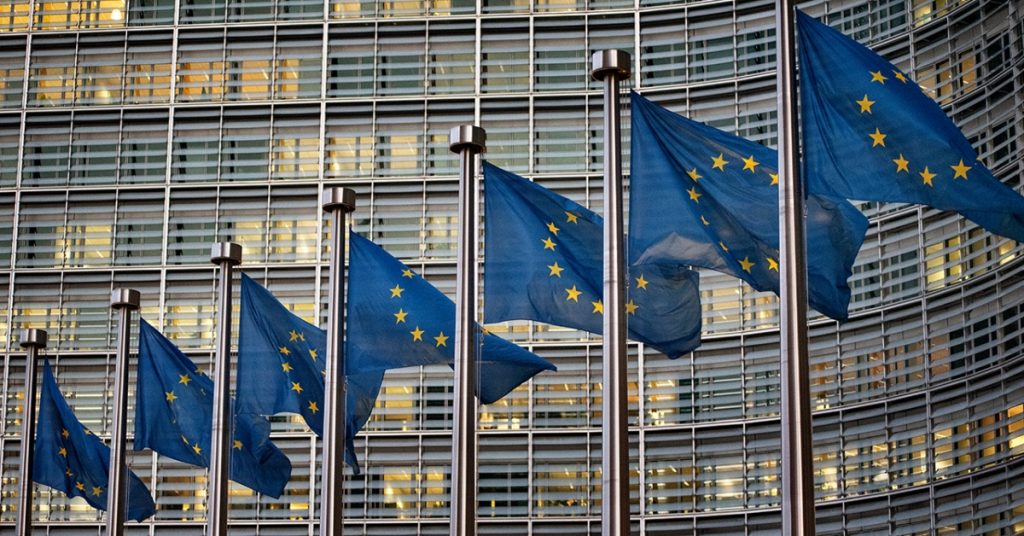Brussels: The European Union (EU) is ‘very close to agreement’ to freezing the assets of Russian President Vladimir Putin and Foreign Minister Sergey Lavrov. This sanction will be taken due to Moscow’s invasion of Ukraine, Luxembourg’s Foreign Minister Jean Asselborn said Friday. He was speaking before a meeting of the 27-nation bloc’s foreign ministers to discuss Russian sanctions.
“I think we are very close to an agreement, that we will find an agreement here for sanctions on Putin and Lavrov,” said Asselborn. “There will be a discussion, but I think we agree that Putin and Lavrov as far as the freezing of assets are concerned. We will find a consensus here,” he added.
Jean Asselborn said Russia would be hurt by the banks’ measures. He asserted even further sanctions were still possible, including booting Russia off SWIFT, the dominant system for global financial transactions. “The debate about SWIFT is not off the table, it will continue,” Asselborn said.
Also read: Russia ‘ready for talks’ with Ukraine any moment resistance ends
EU leaders largely agreed it was too soon to impose a travel ban on Putin and Lavrov. This is because negotiating channels needed to be kept open.
The world has made it clear that a military intervention in Ukraine is off the books. So most countries are throwing ever more punishment at Moscow – from to football sanctions – anything to force Putin to stop the brutal invasion of Russia’s neighbour and unleash a major war in Europe.
Undeterred in the game of punitive sanctions, Russia started its own tit-for-tat measures. It banned British flights to and over its territory in retaliation to a similar UKbBan on Aeroflot flights. Yet with the Kremlin’s eyes fully targetted on expanding the attacks on Ukraine, almost of the action was still going one way.
EU leaders had discussed until the early hours Friday any ways to hit Putin even harder than the two sets of sanctions that it already approved. “We are hitting the regime at all levels and we are hitting it hardest,” Dutch Prime Minister Mark Rutte said early Friday.
The bloc and other Western powers like the United States and the United Kingdom have agreed on a slew of sanction hitting everything from the banking sector to oil refineries and the defense sector. EU foreign ministers will push the approval process further later in the day.
And just as Russia was making a pincer movement to choke Ukraine and its capital Kyiv, Western powers were implementing measures aimed at ‘asphyxiating Russia’s economy’, in the words of French Foreign Minister Jean-Yves Le Drian.
In a sign of papal anger, Pope Francis went to the Russian Embassy himself to ‘express his concern about the war’, the Vatican said. It was an extraordinary, hands-on gesture, since usually popes receive ambassadors and heads of state in the Vatican. For Francis, the Vatican head of state, to leave the city and travel a short distance to the Russian Embassy to the Holy See was a sign of his displeasure.
